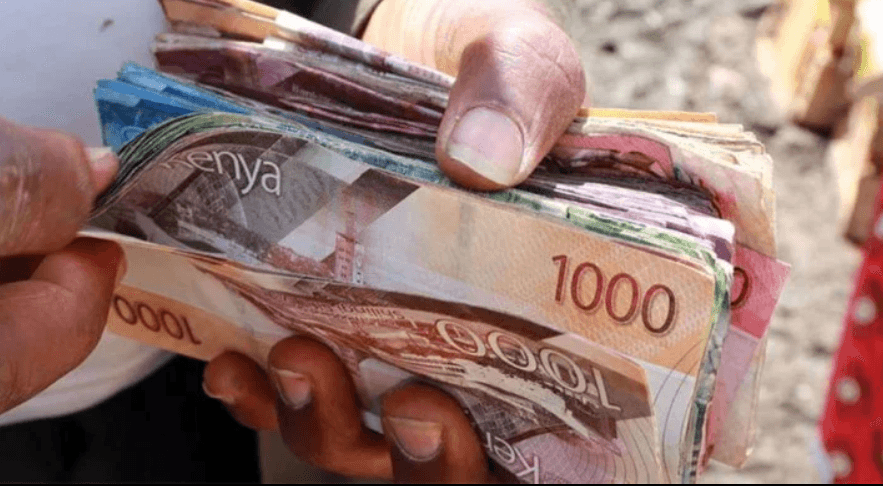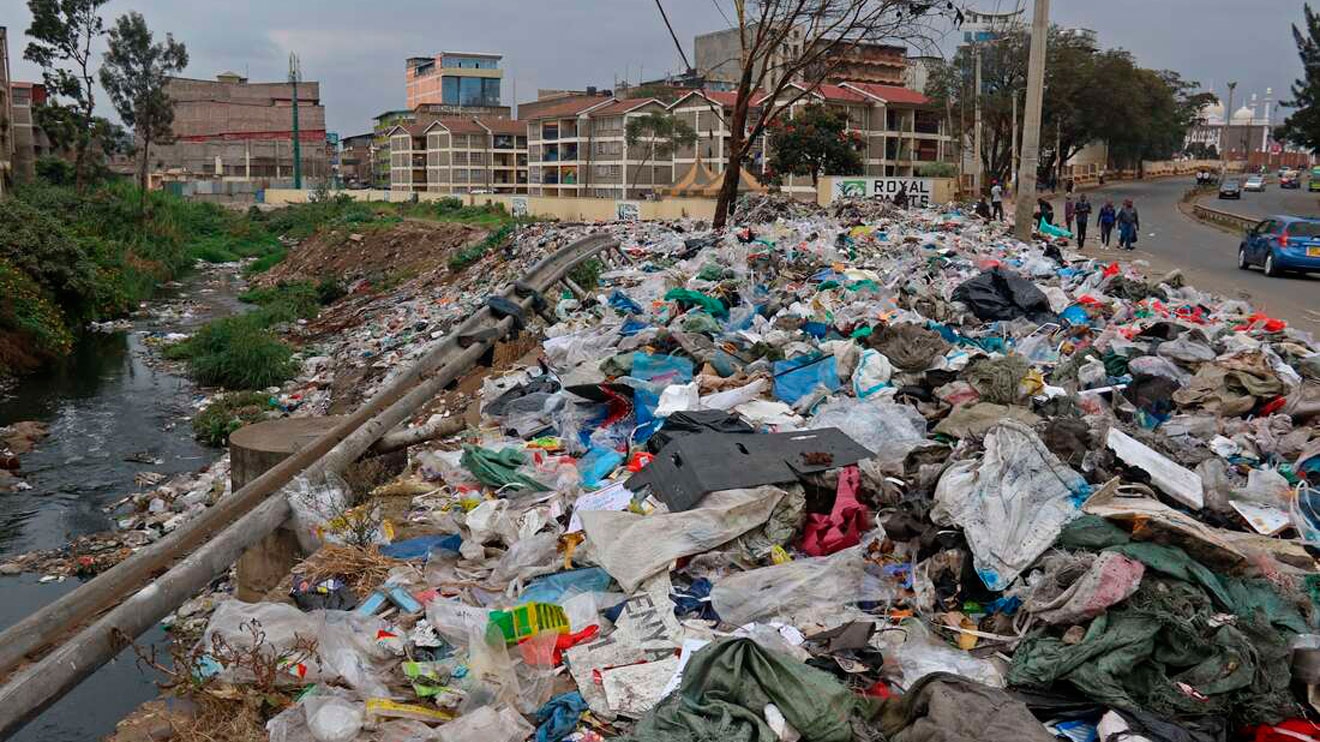Nelson Njeru is probably the best-known dealer in bee venom in Embu.
Bee venom is the poison that makes bee stings painful. It is a colourless, acidic liquid that contains components that can treat inflammations and chronic diseases.
It is famed for treating rheumatoid arthritis, nerve pain, reducing the reaction to bee stings in people who are allergic to them among other cures.
Njeru, 62, has been in the beekeeping business for 26 years and has realised that apart from honey, bees also produce four other profitable products.
The resident of Ithithe village in Manyatta subcounty of Embu started beekeeping in 1995.
It was by chance, as he took it up only after his passion fruit stems failed to bear fruit. Agricultural experts advised him that the fruiting failure was due to lack of cross-pollination.
He made eight beehives and placed them on his farm and then the vines became more productive.
The benefits from the hives have surpassed that of passion fruits, persuading him to embrace beekeeping.
From his beehives, he can now harvest honey, bee venom, propolis, beeswax and Royal jelly.
“All these products have different processes of acquiring them from the hives which makes it the most delicate stage when it comes to beekeeping. Every stage and every process contributes to a different product,” he said.
The beekeeper says that he makes not less than Sh1,500 per day, which translates to Sh45,000 a month.
Although it has recently experienced a surge in popularity globally, bee venom therapy has been used in medicine in Embu for hundreds of years, Njeru says.
Bee venom is also added to products such as food supplements, moisturisers, lotions, and lozenges. Njeru uses it to make expensive medicinal drops.
“Harvesting it is a difficult task since it is harvested from the bees and not something a farmer will just harvest compared to other products,” he says.
It can be harvested by making bees to sting plastic surfaces, which cause their stingers to get stuck and release the poison. The bees don’t die unless the stinger is dislodged from its body.
From the bee products, Njeru makes medicines, detergents and candles.
The propolis is another product that has proved to be useful. It is a sticky, green and brown coloured glue used by bees to coat the hive.
It is harvested by making a hole in the hive, which the bees repair with more propolis. He then harvests the propolis to make other products.
“The propolis is used by bees as a preservative when something dies inside the hive, bees use it to prevent the carcass from bad smell,” Njeru said.
Njeru sets up traps so that the bees can produce Royal jerry unawares.
“I use a combination of propolis, bee venom, royal jerry and beeswax to make the wonder drop medicine. As the name suggests the medicine treats most diseases from stomachache, toothache, common cold, diarrhoea among others. It was given the name by customers who used it because as little as three drops cured their illness,” he says.
He also said that he uses beeswax to make candles and bar soaps.
The farmer keeps a total of 80 hives on his one acre.
A kilogramme of honey is priced at Sh1,000 with a single 100ml bottle of medicine from propolis and venom priced at Sh800. A bar of soap goes for Sh100.
“I urge the government either to join people with the knowledge and talent in working for government projects or provide resources to enable us to produce higher quality products to meet the national and international market demands,” Njeru says.
He sells his products to Embu residents but some customers come from as far as Nairobi and Mombasa.

















